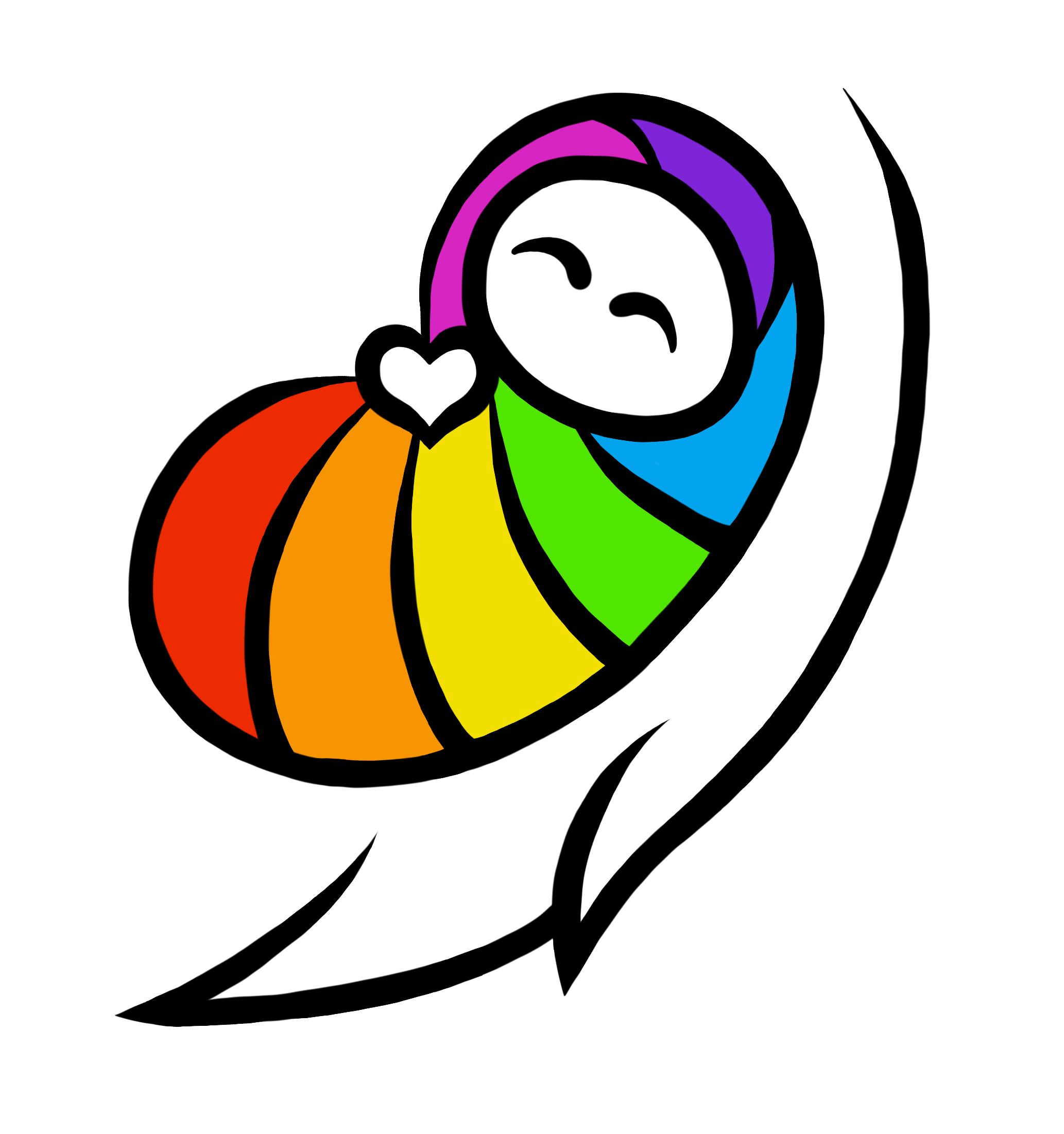You baby will need to eat at least 8 times in each 24 hours period, but anywhere from 8-16 feeds in 24 hours is normal for a breastfed baby. In the first days of baby’s life, feeding them every 2-3 hours is important to help your milk come in if you are breastfeeding.
Babies don’t usually cry immediately when they are hungry – there are usually signs, like licking their lips and sucking their hands, before they get so hungry that they cry. If you notice early feeding cues and feed baby before they start crying, they will find it easier to latch and suckle rather than having to settle them before you start feeding.
Most babies will lose some weight in the first few days of life – this is normal, as volumes of colostrum are low and babies’ tummies are small! Babies are born with reserves of fluid to help them through this period. Most babies regain their birth weight by two weeks of age or earlier.
Feeding baby on demand is important, but don’t forget the clock entirely – if baby is not feeding at least 8 times in 24 hours, then they may not be getting enough milk to grow well. If baby wants to be fed more frequently than this, though, listen to baby’s cues and feed them when they are hungry.
All babies, whether breastfed or bottle fed, will go through periods of cluster feeding where they will seem ravenous and hard to settle. The biological function of this is to signal the breastfeeding mother’s body to produce more milk, so if you are breastfeeding, these cluster feeds are important to help your supply build as baby’s needs grow. If you are bottle feeding, it may be a signal that you need to add a bit more milk to feeds from then on.
For more information
- This Healthify page has links to lots of feeding information
- This KidsHealth page has breastfeeding information
- This page from Plunket is a hub of breastfeeding information
- This page from Plunket has more information on feeding baby by bottle, whether formula or expressed breast milk
- This page from Plunket is a hub of information on formula feeding
- This page from HealthEd has a clear guide to formula feeding
